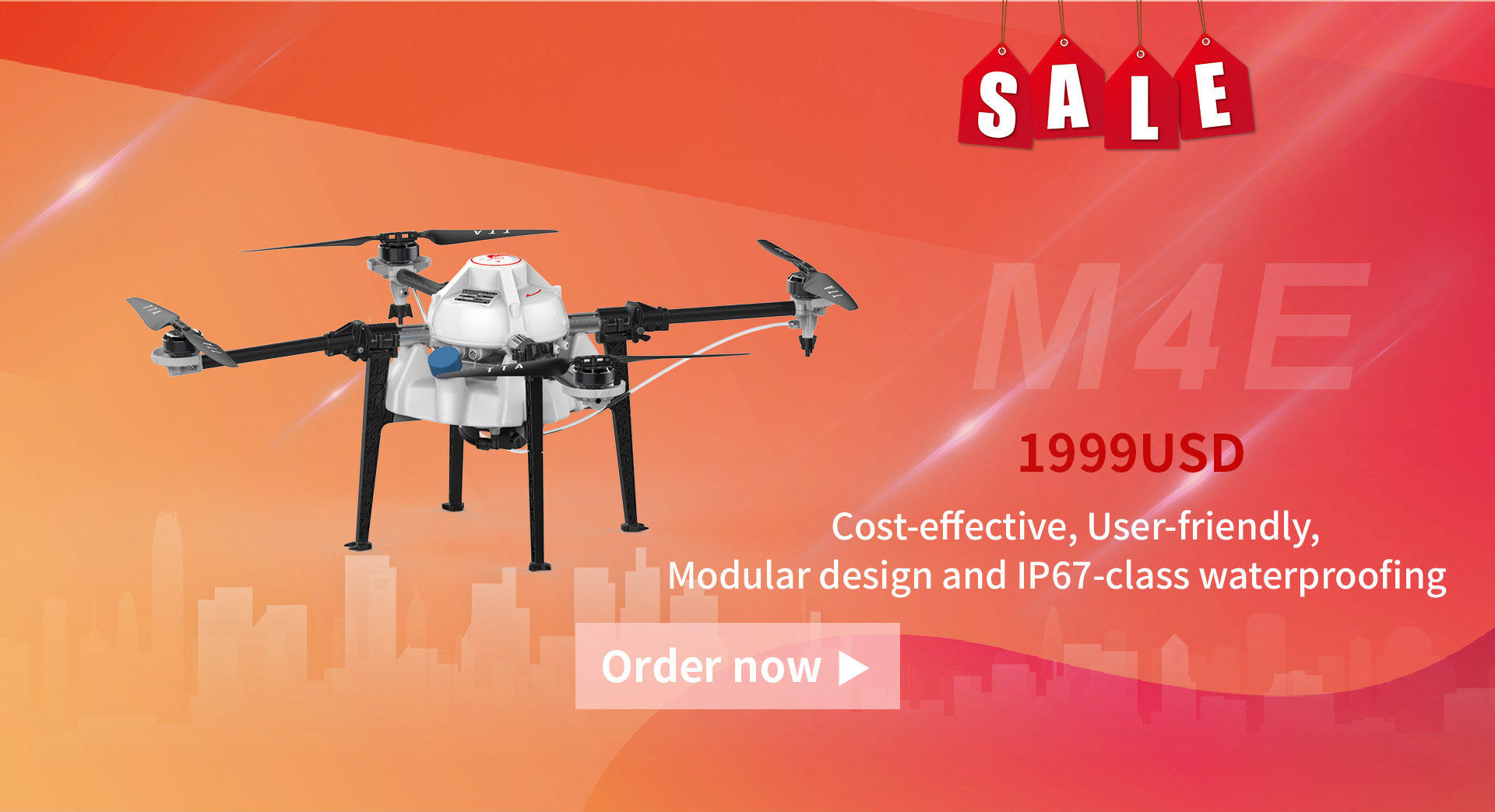
In addition to training and gaining experience in the use of UAVs in agriculture, we show by our example that working with drones-sprayers is a good business.

OUR SOLUTIONS
Comprehensive services for continuous herbicide treatment before sowing
Spraying crops during the growing season against weeds, diseases and pests
Carrying out foliar dressing
Desiccation
EFFECTIVE FOR THE FOLLOWING GROUPS
Top cereal crops:
Wheat, barley, triticale, rye, oats;
Cereal crops:
corn, millet, sorghum;
Legume:
soybeans, beans, peas, chickpeas;
Industrial crops:
sunflower, rapeseed, sugar beet;
Vegetable crops:
tomatoes, cucumbers, potatoes, onions, carrots, cabbage, etc.
Fruit trees and vineyards:
strawberries, raspberries, blackberries, etc.
Aromatic and medicinal plants;

BENEFITS
Drones for TTA treatments in agriculture can replace the traditional technique, and its speed is 40 times faster. The ultra-low volume spray system saves 90% water and 30% 40% pesticides.
5% are real losses from mechanical damage to plants during mechanized spraying, with an average yield of 3 tons per hectare for example of a sunflower and an average price of sunflower seeds of $ 300 per ton, only due to a decrease in losses, additional income per hectare is about $ 45. (5% of $ 900).

Drone Model: TTA M6E-1
To ensure even fractional application and to prevent the composition from rolling off the sheet, we reduced the drop by 10 times. This technique allows you to minimize the consumption of chemicals and prevent their volatilization, the drop is literally driven into the plant. In addition, the use of drones does not require the use of heavy equipment and allows spot processing even in inaccessible areas of the field.
Unlike airplanes and helicopters, the agrocopter can fly accurately, low, slowly and almost without turbulent eddies.
The aerodynamics of the copter are very different from traditional aircraft and allow for minimal drift, as well as the ingress of working fluid throughout the plant.
Tank solutions with a moderate ratio of water to glyphosate are no longer needed. Glyphosate can be applied clean, which made it possible to replace sprayers and small aircraft with agrodrones.

Business contacts: lan.li@ttaviation.com